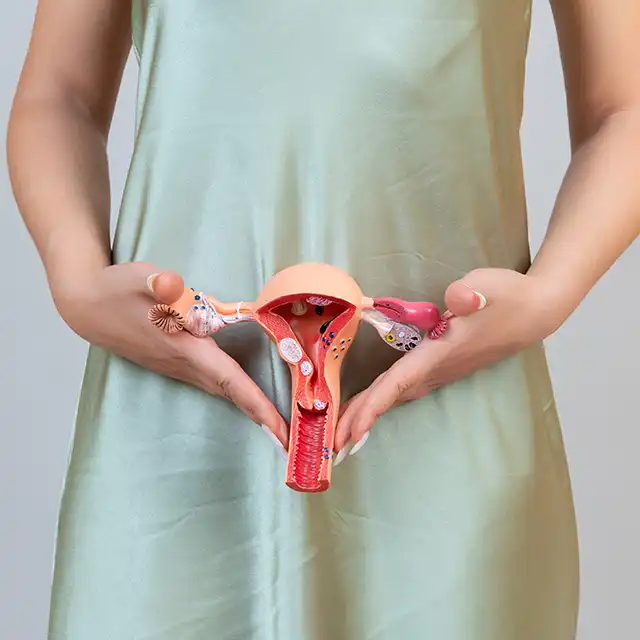
When the body loses more fluids (water) than it takes in, it can cause dehydration. Water is an important component of the body. It keeps the skin healthy, flushes out waste products and lubricates body parts. Water is necessary for maintaining proper balance of electrolytes like sodium and potassium. These nutrients are necessary for proper functioning of vital organs.
People can get dehydrated by not consuming enough liquids or by losing more fluids and not replacing them.
Dehydration affects some categories of people more often-
- Babies and infants are sensitive to even small amounts of fluid loss
- Elderly people become less aware of their needs, especially those who are under special care.
- Alcoholics and individuals with chronic conditions like diabetes
- Sportspersons who lose a lot of body fluids through sweating
Symptoms
When fluid is lost from the body, there are a wide range of symptoms-
- Extreme fatigue and thirst
- Dry skin, and dry mouth and lips
- Pain while urinating
- Dark coloured urine with strong smell and reduced output
- Headaches and muscle cramps
- Dizziness and fainting
Babies become drowsy, need fewer nappies (less urine), secrete very little tears when they cry and have a soft sunken spot on their head when they are dehydrated.
Severe dehydration can lead to-
- Lethargy and confusion
- Weak pulse or difficulty in breathing
- No urine output for 8 hours or more
- Low levels of consciousness or even fits
Causes
Fluids are lost from the body through sweat, vomiting, urine or diarrhoea. Ideally one should consume more fluid than the amount that is lost.
- Dehydration can cause illness and it can also be a result of an illness like gastroenteritis, which results in fluid loss through vomiting and diarrhoea. Dehydration can also occur due to cholera
- Excessive sweating due to physical activities, or fever leads to loss of essential fluid
- Elderly people are more prone to dehydration due to immobility impaired thirst mechanism, kidney disorders like diabetes
Diagnosis
The first step is a physical exam and medical history with complete details of symptoms.
Vital signs are then recorded by your doctor.
- Serum osmolality tests will be performed by your doctor to check sodium and other essential mineral levels
- Kidney functions can also be assessed by your doctor
- Urine tests will give information about its specific gravity and levels of dehydration
Treatment
The immediate aim is to rehydrate the body and restore the circulating volume. This can be done by drinking plenty of water, and other fluids which include sweet and salty drinks.
The next objective is to determine the cause of dehydration and prevent it from recurring.
Oral Rehydration Solutions (ORS)
Dehydration causes a loss of water as well as sugar and salts. This specially prepared solution restores the necessary balance of body fluids. They contain a mix of sodium and potassium salts along with glucose or starch in concentrations similar to that of blood. Therefore, they are easily absorbed.
Babies should be fed breast milk, or undiluted formula milk. It is better to feed them smaller amounts more frequently. Babies with diarrhoea and vomiting should not be given fruit juice.
Instead, they can be fed small sips of ORS that help to replace lost salts and sugars.
Infants and children should be given special ORS in small amounts, and not just water alone. Water dilutes the already low levels of minerals and can compound the problem.
Severe dehydration requires hospital care, especially for infants and the elderly. It can lead to severe urinary tract infections.
- Fluids can be given using tubes or intravenously. This method replaces nutrients faster than the oral route
- Regular assessment and continuous rehydration is important
Inadequate or lack of timely treatment for dehydration can lead to complications like heatstroke, kidney stones or even kidney failure.
Dehydration can be prevented by drinking water and other fluids regularly. Thirst is the first indicator to consume water, and increased activity and hot weather require greater amounts.
In children, fever, or vomiting or diarrhoea are signs that fluid replacement should be started.
Sources:

















